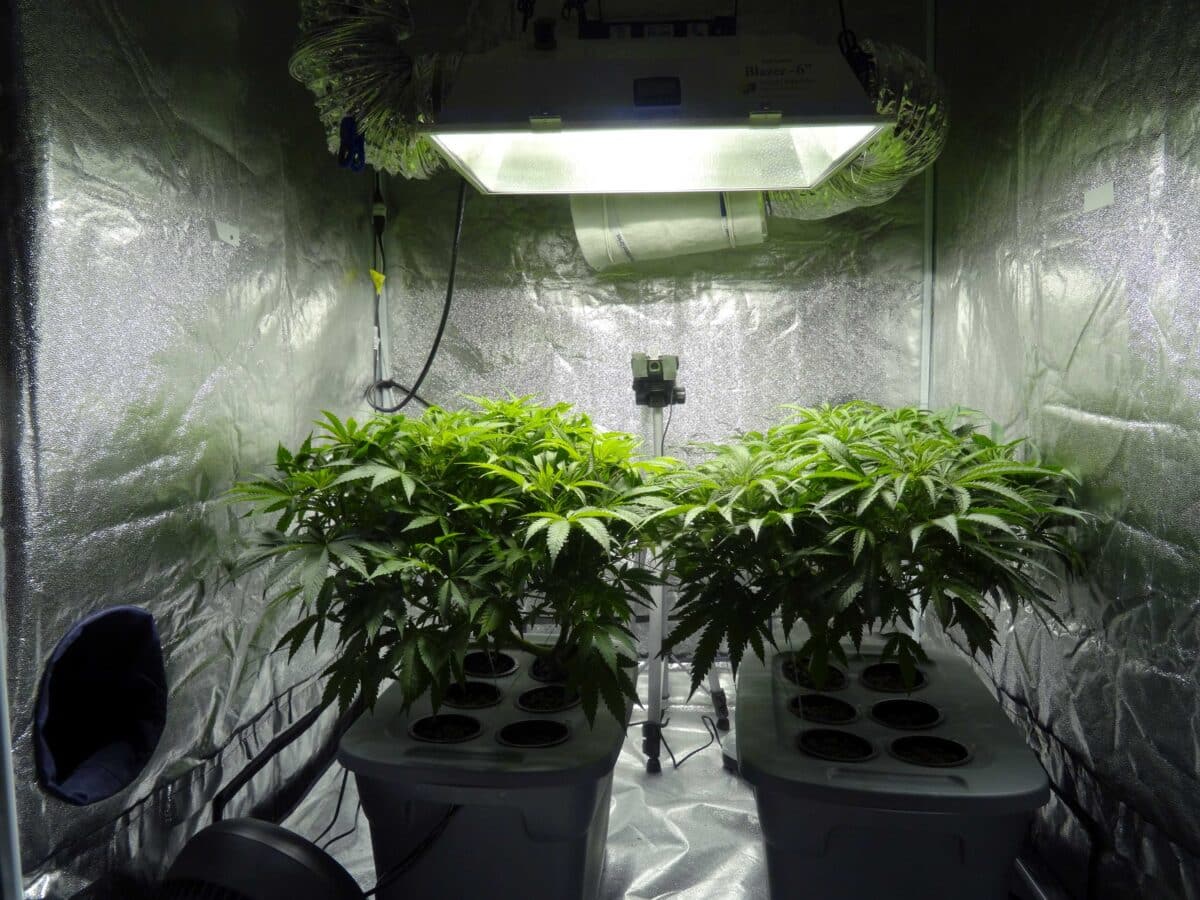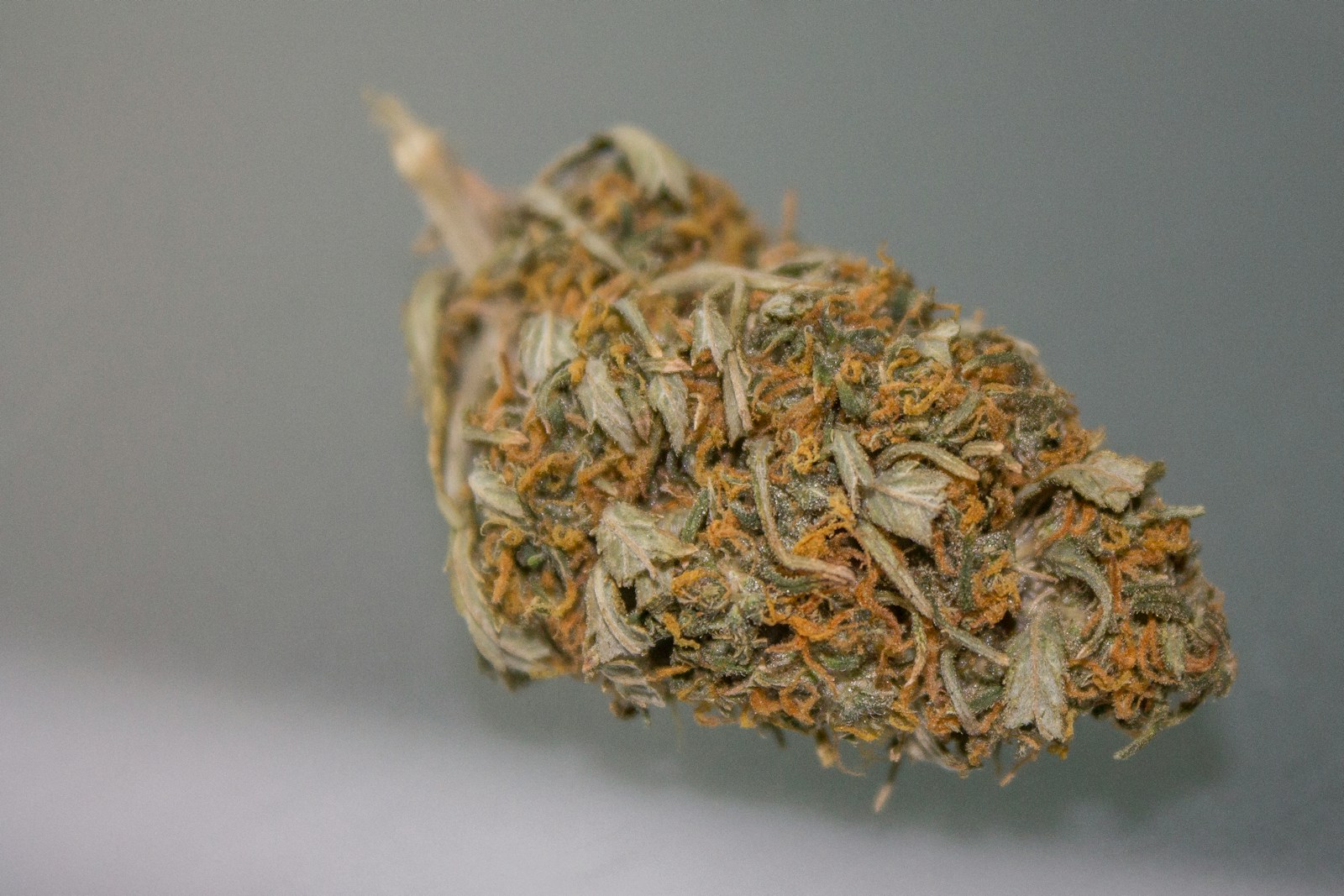
Hydro weed, also known as hydroponic cannabis, refers to marijuana cultivated using a soil-free method where plant roots are suspended in a nutrient-rich water solution. This controlled environment allows for faster growth, greater yields, and cleaner, more consistent buds—making it a preferred method among both home growers and commercial cannabis cultivators. A well managed hydro growing system can result in increased potency, creating favorable weed strains.
With hydroponics, growers bypass the limitations of soil by using systems like Deep Water Culture (DWC), Nutrient Film Technique (NFT), and aeroponics. These setups create highly customizable environments, improving nutrient absorption and also minimizing the risk of pests and soil-borne diseases. As cannabis cultivation becomes increasingly scientific and competitive, hydroponic weed stands out for its scalability, efficiency, in addition to its ability to produce high-potency strains in less time.
Understanding Hydroponic Weed: What Sets It Apart?
Faster Growth and Greater Control
Plants grown in hydroponic systems have unrestricted access to oxygenated nutrient solutions, which accelerates root development and shortens the overall growth cycle. This makes growing cannabis hydroponically ideal for cultivators seeking rapid turnover in addition to consistent quality.
Reduced Risk of Pests and Diseases
Without soil, there’s no medium to harbor pests like fungus gnats or pathogens such as root rot fungi. Hydroponic setups offer a sterile growing environment, which is easier to manage and protect.
Consistency and Potency
With precise control over pH, temperature, humidity, and lighting, hydroponic cannabis often features more uniform buds, optimized cannabinoid levels, and enhanced terpene profiles. Some studies suggest that hydro weed may have higher THC concentrations compared to soil-grown alternatives.
Hydro Weed Strains and Potency: Exploring the Strongest Hydroponic Cannabis
As the cannabis industry continues to embrace advanced cultivation techniques, hydroponic systems have emerged as a top choice for producing premium marijuana. Among the many benefits of hydroponic cultivation is the ability to enhance both yield and potency. But which cannabis strains perform best in hydro systems, and how potent can hydro weed really get? Let’s explore the strongest hydro weed strains and the science behind their potency.
Why Strain Selection Matters in Hydroponics
Not all cannabis strains respond equally to hydroponic cultivation. While hydroponics can boost growth speed and cannabinoid concentration, certain strains are genetically predisposed to thrive in these precise, high-efficiency environments.
Traits of Hydro-Friendly Strains:
- Strong root development
- Shorter flowering times
- High nutrient uptake efficiency
- Genetic stability under controlled conditions
Hybrid strains, in particular, often adapt well to hydro setups, combining the resilience of indica genetics with the vigor of sativas.
Top Hydro Weed Strains by Potency
1. Gorilla Glue #4 (GG4)
- THC: 25%–30%
- Profile: Heavy-hitting, euphoric, and couch-locking
- Why It Works in Hydro: Fast-growing with dense buds, GG4 thrives in nutrient-rich hydro environments, increasing trichome coverage.
2. Bruce Banner
- THC: 27%–32%
- Profile: Uplifting, creative, and strong diesel aroma
- Hydro Advantage: Quick flowering and robust structure make it ideal for indoor hydro setups.
3. Girl Scout Cookies (GSC)
- THC: 24%–28%
- Profile: Relaxed, euphoric, dessert-like flavor
- Why Hydro Helps: GSC develops tighter, more resinous buds in hydro systems with controlled humidity and feeding.
4. White Widow
- THC: 20%–25%
- Profile: Balanced head and body high
- Hydro-Friendly Traits: Known for high resin content and vigorous growth, ideal for boosting yield and potency.
5. Blue Dream
- THC: 18%–24%
- Profile: Uplifting, cerebral, with a sweet berry aroma
- Hydro Bonus: Large bud structure and fast vegetative growth benefit from consistent hydro feeding schedules.
What Makes Hydro Weed More Potent?
Hydroponic weed tends to be more potent not solely because of the system, but due to how the environment is optimized:
- Precise Nutrient Control: Enables enhanced cannabinoid and terpene production.
- Environmental Consistency: Reduces stress on the plant, improving trichome development.
- Oxygen-Rich Roots: Boost root efficiency and overall plant health.
- Faster Growth Cycles: Accelerated growth can increase resin output in some strains.
While terpene diversity may favor organically grown weed, hydroponic methods often deliver higher THC content and bud density.
Conclusion: The Power of Strain + System
When the right strain meets a well-managed hydro system, the result can be incredibly potent cannabis. Whether you’re seeking efficiency as a grower or strength as a user, hydro weed strains like GG4, Bruce Banner, and GSC offer exceptional results. The future of high-THC cannabis may well lie in the synergy between genetic optimization and precision cultivation.
The Benefits of Growing Hydro Weed
- Higher Yields: Maximize crop output with controlled conditions and multiple harvest cycles annually.
- Water Efficiency: Recirculating systems use up to 90% less water than traditional grows.
- Space Optimization: Perfect for urban growers with limited space, thanks to vertical setups.
- Cleaner Harvest: Hydro buds are often cleaner and also have fewer contaminants.
- Custom Nutrient Solutions: Feed plants exactly what they need for stronger, more flavorful results.
Hydro Weed vs. Soil-Grown Cannabis: A Detailed Comparison
| Aspect | Hydroponic Weed | Soil-Grown Cannabis |
|---|---|---|
| Growth Medium | Water-based nutrient solution | Organic soil |
| Water Usage | Low (recirculated) | High |
| Nutrient Control | Precise and adjustable | Dependent on soil quality |
| Growth Speed | Faster | Slower |
| Yield Potential | High | Moderate |
| Flavor Profile | Clean and potent | Earthy and complex |
Soil cultivation may offer a more diverse cannabinoid profile due to rich microbial activity, but hydro systems are typically favored for higher yield and cannabinoid consistency.
Exploring the Hydroponic Cannabis Growing Process
Growing hydro weed starts by selecting the right system—such as DWC, NFT, ebb & flow, or aeroponics. Seeds or clones are introduced to inert media like rockwool or clay pellets. The roots are then immersed in or suspended above a circulating nutrient solution.
Using tools like pH meters, EC testers, and automated nutrient delivery systems, growers monitor and maintain ideal growing conditions. This hands-on approach allows precise adjustments throughout each phase of plant development—especially critical during flowering when THC and terpene production peaks.
Why Hydro Weed Is a Popular Choice for Growers
Efficient Production to Meet Demand
With the expanding legalization of recreational and medical marijuana, commercial growers favor hydro weed for its scalability and also consistent results.
Indoor Cultivation Flexibility
Hydroponic setups work well indoors or in small greenhouses, offering year-round growing regardless of outdoor climate conditions.
Cost-Effective Scaling
Though initial equipment costs can be high, long-term gains in crop volume and quality often outweigh the investment.
The Environmental Impact of Hydroponic Weed Farming
Hydroponic cannabis cultivation can be more sustainable than soil farming, especially in arid regions. Water usage is minimized through recirculation systems, and pesticide use is often unnecessary in sterile environments.
However, the energy demands for lighting, ventilation, and temperature control can be significant. Eco-conscious growers are now adopting solar panels, LED lighting, and advanced HVAC systems to reduce their environmental footprint.
Is Hydro Weed the Future of Cannabis Cultivation?
As consumer demand leans toward quality, consistency, and sustainability, hydro weed is becoming a cornerstone of modern cannabis agriculture. With the ability to customize nutrient blends, minimize waste, and also produce larger harvests faster, hydroponics offers a forward-looking approach to cannabis cultivation.
While not without its challenges—like high setup costs and technical learning curves—the long-term benefits make hydroponic cannabis farming a smart investment for the future of the industry.
FAQs About Hydro Weed
What is hydroponic weed?
Hydroponic weed is cannabis grown without soil using a water-based nutrient solution that feeds the plant directly at the roots.
Is hydro weed stronger?
It can be. Due to controlled nutrient delivery and optimized environments, hydro weed often has higher THC content and potency compared to soil-grown cannabis.
What kind of weed is hydro?
“Hydro” refers to any cannabis strain grown hydroponically, whether it’s indica, sativa, or hybrid. The term focuses on the cultivation method, not the genetic variety.
Which weed is more powerful?
Hydro weed is often considered more powerful due to precise nutrient feeding and rapid growth, but final potency also depends on the strain and growing practices.
How much is a pound of hydro weed?
Prices vary by location, legality, and quality. On average, a pound of high-grade hydroponic weed can range from $1,200 to $3,000 or more in legal markets.
How does hydro weed differ from soil-grown cannabis?
Hydroponic cannabis uses water and nutrients directly at the roots, grows faster, and yields more consistently than traditional soil-grown plants.
Is hydro weed the future of cannabis cultivation?
Yes, hydro weed is poised to dominate the industry due to its scalability, environmental efficiency, and ability to meet growing consumer demands for quality and consistency.






